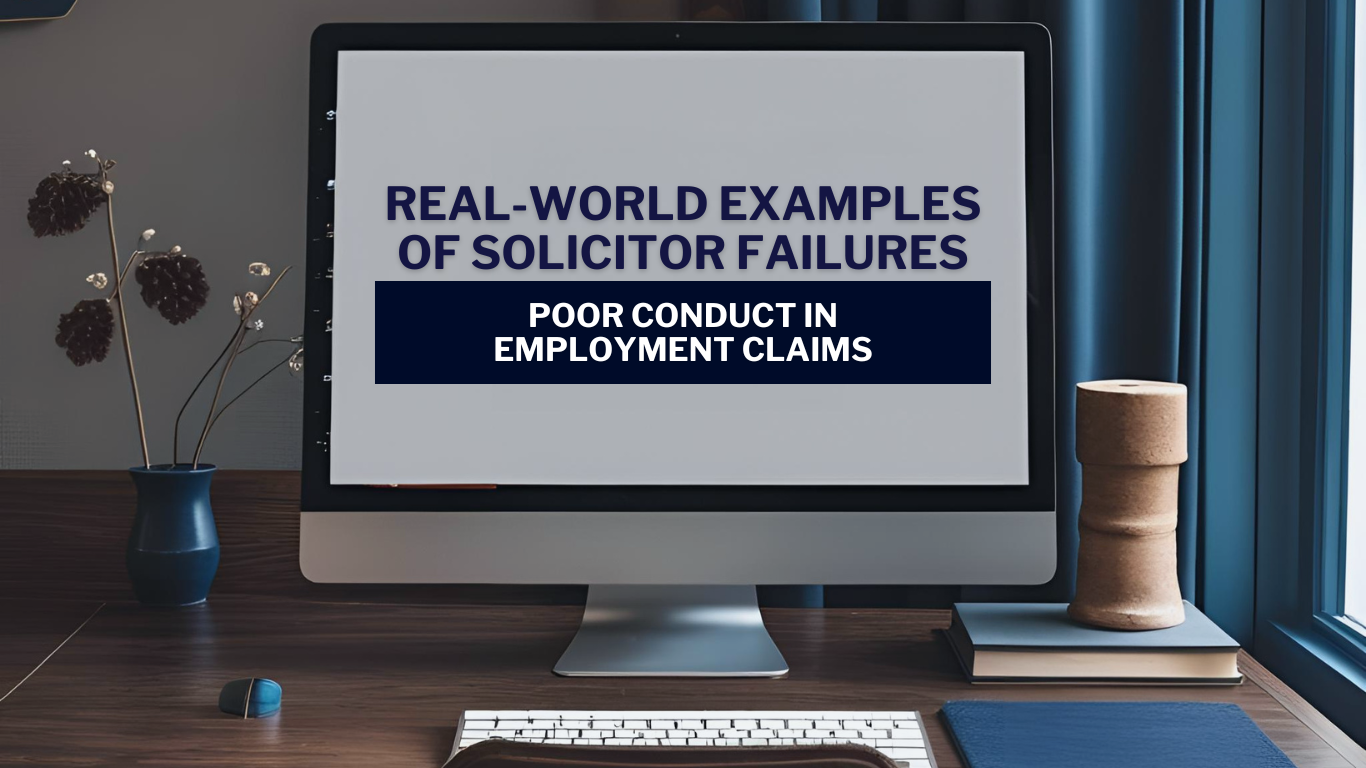By
•
min read
.png)

High Net-Worth Individuals (HNWIs) play a crucial role in the growth and development of businesses, not only providing the necessary funding but often also bringing their expertise and networks to the table – by way of example, look at Peter Jones, a serial entrepreneur and founder of The Peter Jones Enterprise Academy. Often the investment journey for HNWIs is not always smooth sailing and aside from commercial challenges there are often legal complexities to address and overcome. This article sets out some of the legal considerations HNWIs may encounter when investing in a business, providing insights that may, if addressed, help mitigate risks and enhance investment outcome.
High net-worth individuals are typically those individuals that possess investable assets exceeding a certain threshold, commonly around, or in excess of, £1 million in the UK. Frequently, HNWIs tend to diversify their investments across private equity, venture capital, and direct investments in start-ups. If an HNWI does invest in a start-up the UK offers tax relief schemes such as SEIS and EIS relief to encourage this type of investment strategy.
To safeguard assets and to enhance the wealth they have built, HNWIs must have tailored investment strategies and planning that aligns with their investment criteria and wealth management objectives.
Regulatory Compliance
Investing is not solely about providing capital funding, frequently involving HNWIs navigating an array of regulations designed to protect investors and ensure market integrity. In the UK, we have the Finance Conduct Authority (FCA) which sets out specific requirements that define who qualifies as an accredited investor, which is key to ensuring that only those with sufficient financial knowledge can be approached for investment opportunities.
A well advised investor needs to understand the regulations to ensure compliance and failure to do so can lead to severe consequences, including disputes, fines, penalties, or even the unwinding of investment transactions. Where investments fail this can significantly impact on an investor's financial standing and reputation. Regulatory compliance can enhance the credibility of an investor and may evidence a commitment to ethical investing.
Investment Structures
Picking the right investment vehicle significantly affects the legal and financial outcome of an investment. Common structures include:
Due Diligence
Once an investor has picked an investment vehicle and found the business to invest in, conducting due diligence is the next stage in the process. This process allows an assessment of the viability and potential risks associated with a business, and may include:
The due diligence process equips HNWIs with the knowledge they need to make an informed investment decision which in turn can minimise risks. Thorough due diligence can uncover information such as legal issues, pending lawsuits, ownership of intellectual property and/or regulatory non-compliance. Identifying these risks early can help investors avoid future liabilities and protect their investments. The investor can also use the information gathered to lead negotiations for better contractual terms.
Legal
Any investment carries legal risks, including potential disputes over contracts, and regulatory violations. These risks can lead to costly litigation and damage to the investor’s reputation. HNWIs should therefore look to minimise these risks before investing by ensuring robust legal documentation is in place, from initial confidentiality to investment agreements/shareholders’ agreements, IP agreements, and employment and other arrangements with founders. Attention to detail from the outset can help to reduce investment risk.
Diversification
While having all ones eggs in one basket may bring the greatest return it may also lay the ground for great failure. To counter risk, diversification is probably the first point of protocol when managing and developing an investment strategy. If an investor diversifies their investment portfolio, this can help manage risk and may lead to more stable returns over time.
Tax considerations
Tax implications are a critical consideration for HNWIs when investing. Luckily in the UK there are various tax relief schemes (as noted above) that encourage investments in companies like start-ups. HNWIs should consult a tax professional to explore available incentives to optimise their tax position.
Exit Strategies
Having clear exit strategies is vital for any investor looking to maximise returns and minimise risk.
Exit options may include initial public offerings, acquisitions to enhance a future exit, or secondary sales. Each option comes with its own legal considerations, and should be considered properly before committing to any exit decision. In acquisitions, the negotiation of exit terms can significantly impact an investor’s long-term wealth.
Lawyers can help draft documentation to safeguard HNWIs and ensure documentation aligns with long-term financial goals, often ensuring investors are protected and prepared for future opportunities.
In conclusion, it is often the case that HNWIs should adopt a proactive approach to investing. By understanding the legal framework, conducting thorough due diligence, and engaging legal and financial assistance, HNWIs can navigate those complexities effectively. This approach can mitigate risk and also enhance the potential for successful investment outcomes.
Demi Darbey, Solicitor and Tim Sadka, Solicitor & Partner
*Disclaimer, this article is intended to be used for informational purposes only. It should not be relied upon as legal advice. It is very important to do your own analysis before making investment decisions. We recommend clients consult a financial advisor before making investment decisions. Investing puts capital at risk with a potential total loss. Past performance is not a guarantee of future returns.
If you would like further advice on this or any other Corporate or Commercial matter, please contact our Corporate team directly below.
Get in touch